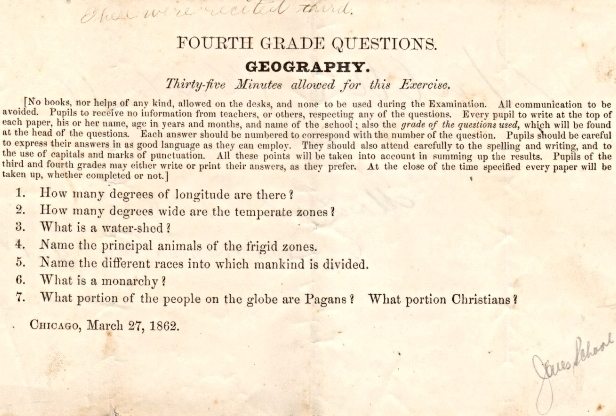Samuel Finley Breese (F.B.) Morse (1791-1872) is best remembered for being the inventor of the American telegraph system and the Morse Code alphabet which is still widely used today. It was his development and perfection of an instantaneous method of electronic communication over long distances which contributed to the rapid expansion of the West during the late 1800’s and laid the groundwork for today’s 24/7 mass media culture.
Something which history widely forgets today about Morse’s great inventions, however, is the role God played throughout the process. Educated on religious matters from birth by his father, the notable Rev. Jedidiah Morse, Samuel developed a deep and sincere faith in God. In the two volume work, Samuel F.B. Morse: His Letters and Journals, his own son describes the inventor’s character:
The dominant note was an almost childlike religious faith; a triumphant trust in the goodness of God even when his hand was wielding the rod; a sincere belief in the literal truth of the Bible, which may seem strange to us of the twentieth century; a conviction that he was destined in some way to accomplish a great good for his fellow men.
Next to love of God came love of country. He was patriotic in the best sense of the word. While abroad he stoutly upheld the honor of his native land, and at home he threw himself with vigor into the political discussions of the day, fighting stoutly for what he considered the right….
A favorite Bible quotation of his was “Woe unto you when all men shall speak well of you.” He deeply deplored the necessity of making enemies, but he early in his career became convinced that no man could accomplish anything of value in this world without running counter either to the opinions of honest men, who were as sincere as he, or to the self-seeking of the dishonest and the unscrupulous.1
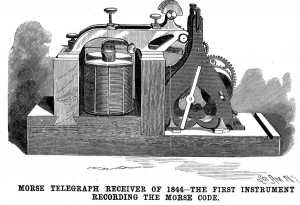 Morse’s pious character clearly exhibits itself in the historic message relayed during the public demonstration of the telegraph on May 24, 1844. Morse had promised Annie Ellsworth, the daughter of the Commissioner of Patents that she would get to decide what would be said. After talking with her mother, Annie decided to send a portion from Numbers 23:23: “What hath God wrought!”
Morse’s pious character clearly exhibits itself in the historic message relayed during the public demonstration of the telegraph on May 24, 1844. Morse had promised Annie Ellsworth, the daughter of the Commissioner of Patents that she would get to decide what would be said. After talking with her mother, Annie decided to send a portion from Numbers 23:23: “What hath God wrought!”
Early that morning, Morse and his guests gathered in the chamber of the Supreme Court while his assistant prepared to receive the fateful transmission in Baltimore. Then, at 8:45 a.m. on May 24, 1844, the electricity flowed through the line:
| . – – | . . . . | . – | – |
| W H A T |
| . . . . | . – | – | . . . . |
| H A T H |
| – – . | . . | – . . |
| G O D |
| . – – | . . . | . . | . . – | – – . | . . . . | – |
| W R O U G H T |
That message inaugurated the beginning of electronic media in America, setting off a chain of technological advancements which continues to this day nearly two-hundred years later. From the telegraph to the telephone to the internet, we all have good reason to declare, “What hath God wrought!”
Samuel Morse never forgot the role that God had in the development and success of the telegraph, always bearing in mind the powerful phrase selected by Annie Ellsworth. Later in life Morse explained that the telegraph was not merely an example of American ingenuity, but rather an example of God’s gracious providence:
Yet in tracing the birth and pedigree of the modern Telegraph, ‘American’ is not the highest term of the series that connects the past with the present; there is at least one higher term, the highest of all, which cannot and must not be ignored. If not a sparrow falls to the ground without a definite purpose in the plans of infinite wisdom, can the creation of an instrumentality so vitally affecting the interests of the whole human race have an origin less humble than the Father of every good and perfect gift?
I am sure I have the sympathy of such an assembly as is here gathered if, in all humility and in the sincerity of a grateful heart, I use the words of inspiration in ascribing honor and praise to Him whom first of all and most of all it is preeminently due. ‘Not unto us, not unto us, but to God be all the glory.’ Not what hath man, but ‘What hath God wrought?’2
The WallBuilders’ Library is home to a handwritten letter from Samuel Morse composed in 1836, a full eight years before the triumph of the telegraph. In this personal letter to Miss Mary Pattison we get a glimpse into artistic side Morse’s mind through the portions of poetry he records, which also exhibit his deep devotion to God. Below is the transcript of the WallBuilders’ letter followed by pictures of the document itself.
Miss Mary Pattison, Troy
New York, Sept. 14th, 1836
My dear friend Mary,
I comply with my promise and send you the lines which I wrote a few years ago for an Album in the possession of a young lady on the North river. If you remember I was struck with the train of thought a Mr. Adams’ piece in Mr. Taylor’s Album, and told you, that I had embodied the same thought, or nearly resembling it. I had it not in my memory, but this morning in searching my desk I found them and transcribe them for you.
What’s our Life but an Album fair
Outwardly deck’d with gilding name
With many leaves of white within
Where virtue writes, but oft’mes sin
With many leaves all written o’er
While every day turns one leaf more?
This breathes the hopes of younger years
That tells of sorrows and of fears.
Black eaves between Where naught has been
But blots perchance of Folly’s pen
And some remain, (at most but few,)
Where Sin will write: Shall Virtue too?
Yield then thy pen to God to draw
On the next leaf his perfect law
To when thy book of life is done
Cleans’d by the blood of God’s own son
From Sin’s dark blots, and Folly’s stain
A purer volume shall remain
And rest, (to Grace a splendid prize,)
In Heaven’s alcoves in the skies.
The moral is better than the poetry, you may destroy if you will the latter, but cherish the former.
I don’t know whether I am better for my last visit to Troy. My pleasure of your house was in excess, and like all excess is producing a corresponding depression. Your lovely sister is a most destructive enemy of one’s peace, and the worst of it is that she is innocently cruel. She wounds, yet knows it not. Well, Happiness, happiness to her, and to you all. Tell Catharine I am expecting my Philippina. I am wishing time away until the 1st of October.
I send by this opportunity some “Sketches” which were popular when they were published, I don’t know whether they were copied into the Troy papers. You will find in them where you have an idle hour, some of the incidents more in detail, which I told you verbally.
Remember I hold you all engaged for the Commencement of the University, in the first week of October.
With sincere regard,
Affectionately your friend & servant
Sam. F.B. Morse
I have just met with another trifle, which since I am in the mood of transcribing I send for Catherine’s album. It was written at the request of a young lady, who asked me to write something for her. I consented if she would give me a subject. She gave me the word “Farewell.”
Farewell! Farewell? No ‘tis a word of earth
A fraud seen there, ‘tis not of heavenly birth.
It wishes joy, yet instant clouds the ray
And give the pang, it feigns to take away.
Let not so false a word, thy tongue ‘ere tell
If well then wish thy friends, say not farewell.
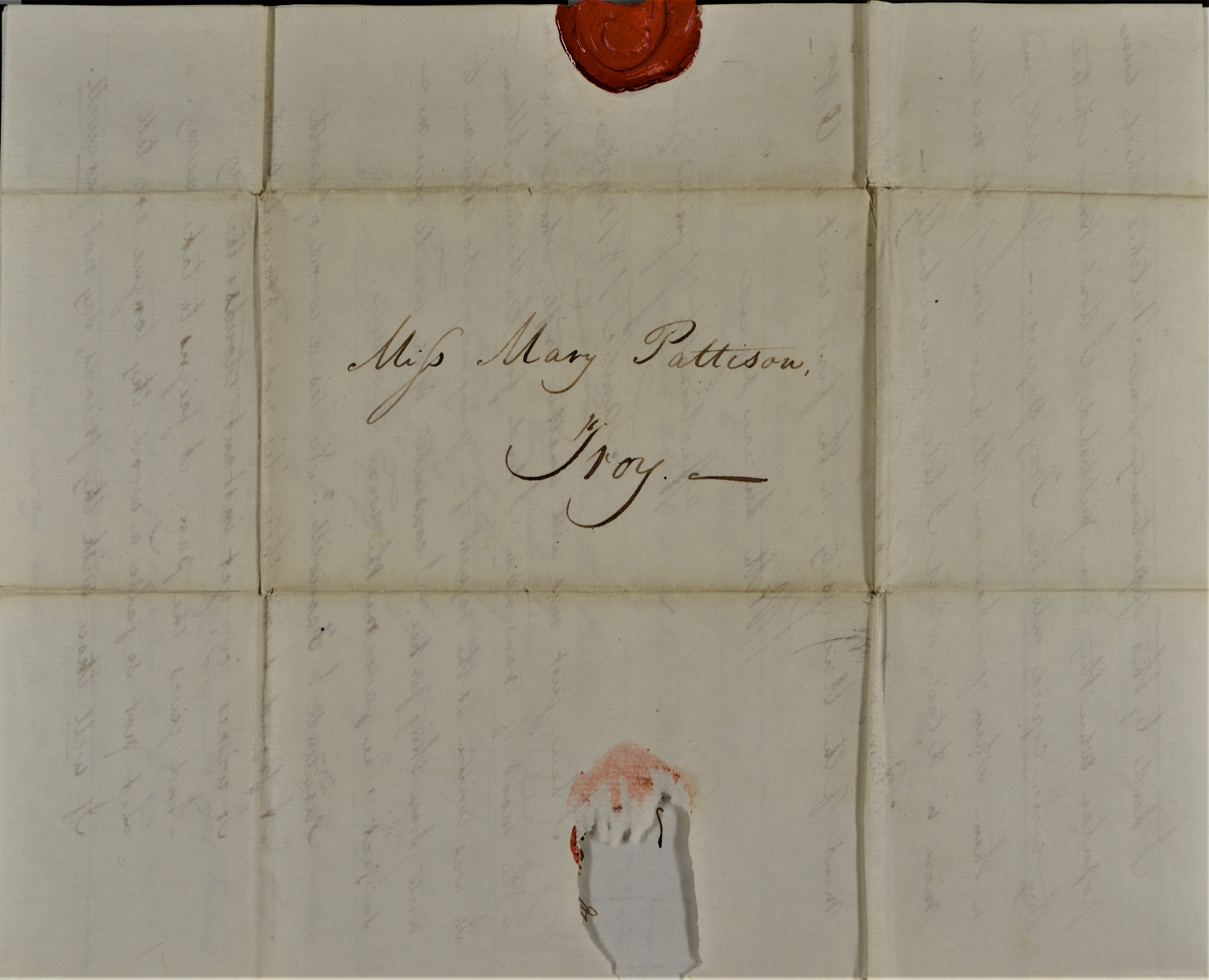
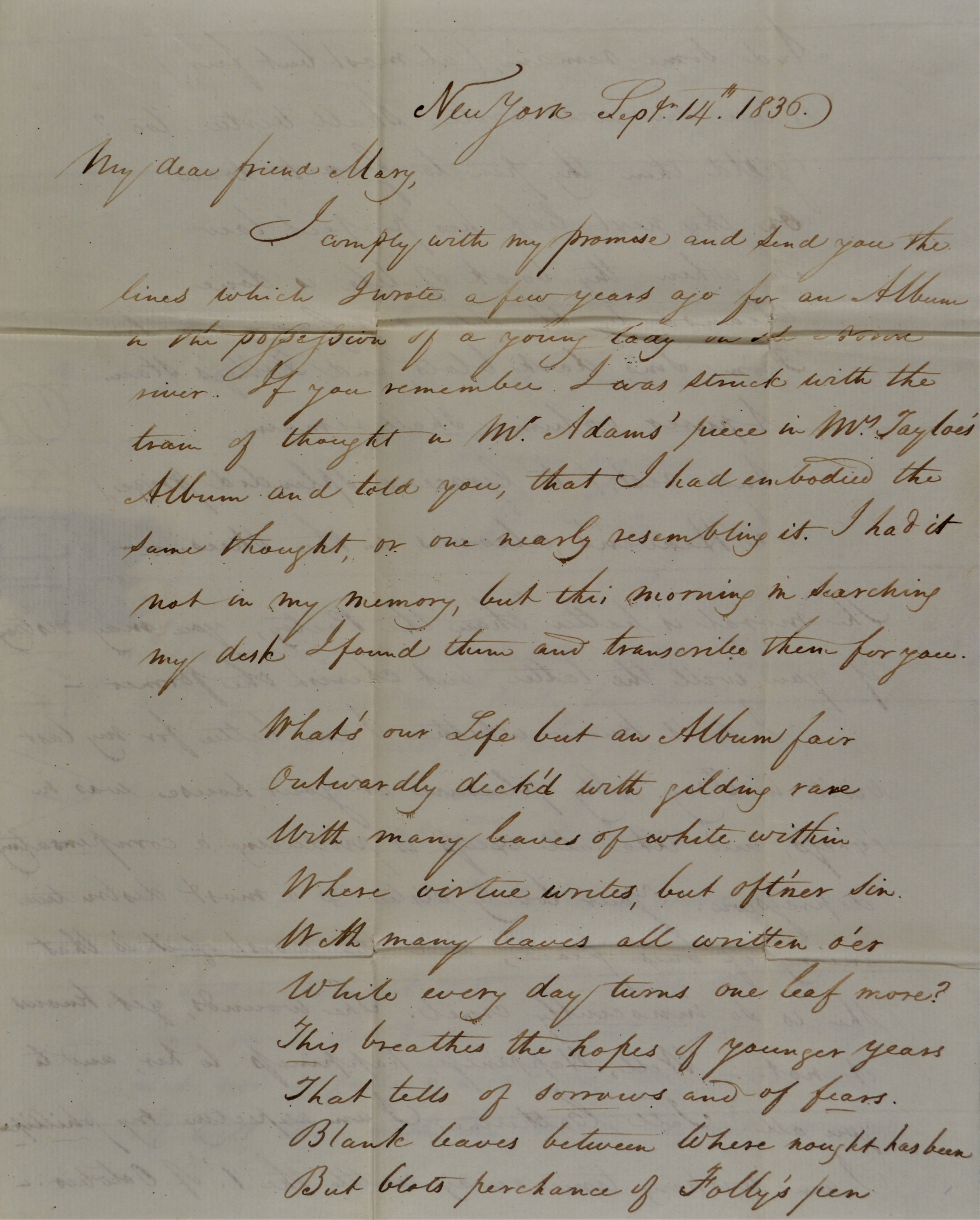
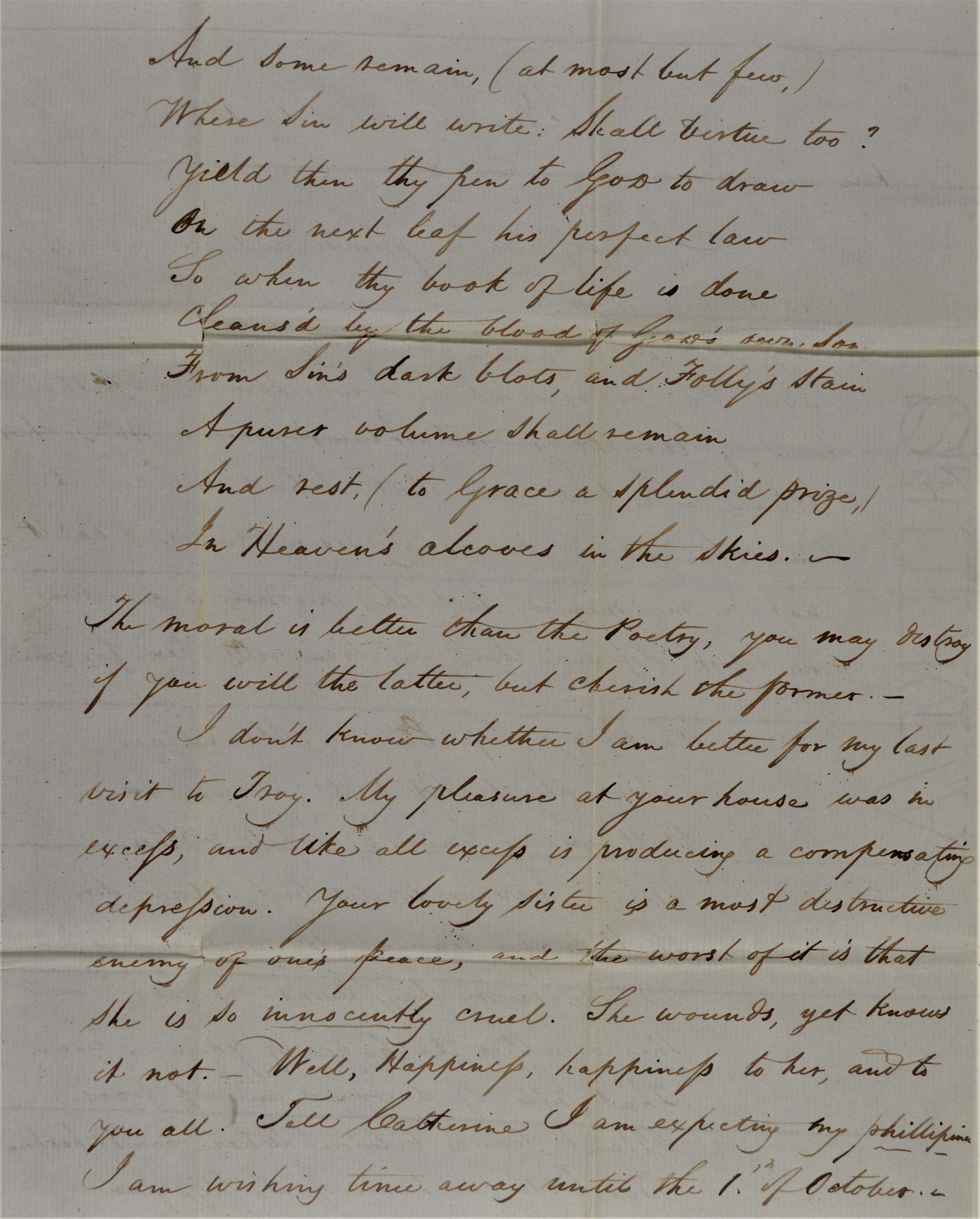
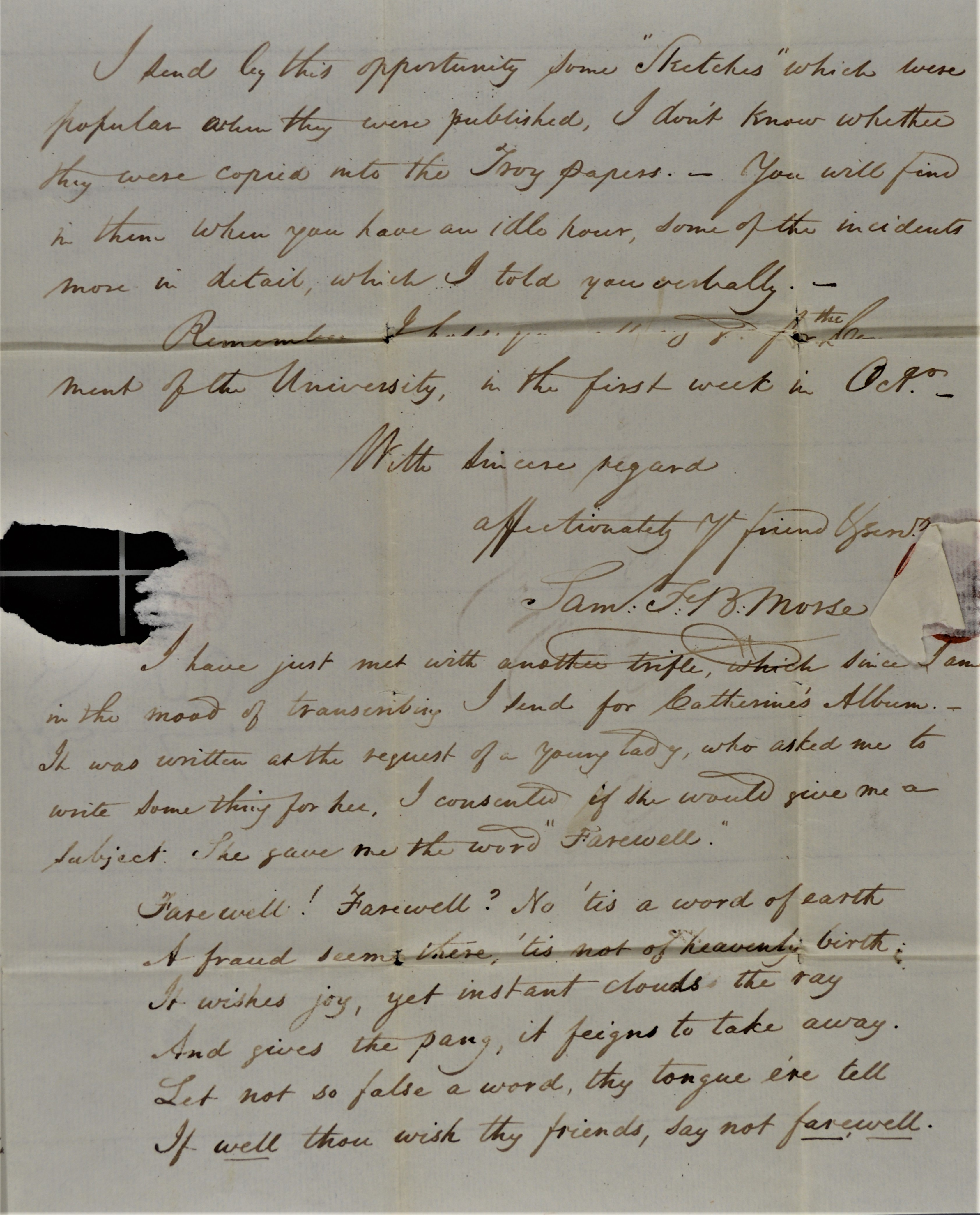
1 Edward Lind Morse, Samuel F.B. Morse: His Letters and Journals (Boston: Houghton Mifflin Company, 1914), I:438-439.
2 Edward Lind Morse, Samuel F.B. Morse: His Letters and Journals (Boston: Houghton Mifflin Company, 1914), Vol. II, 472.
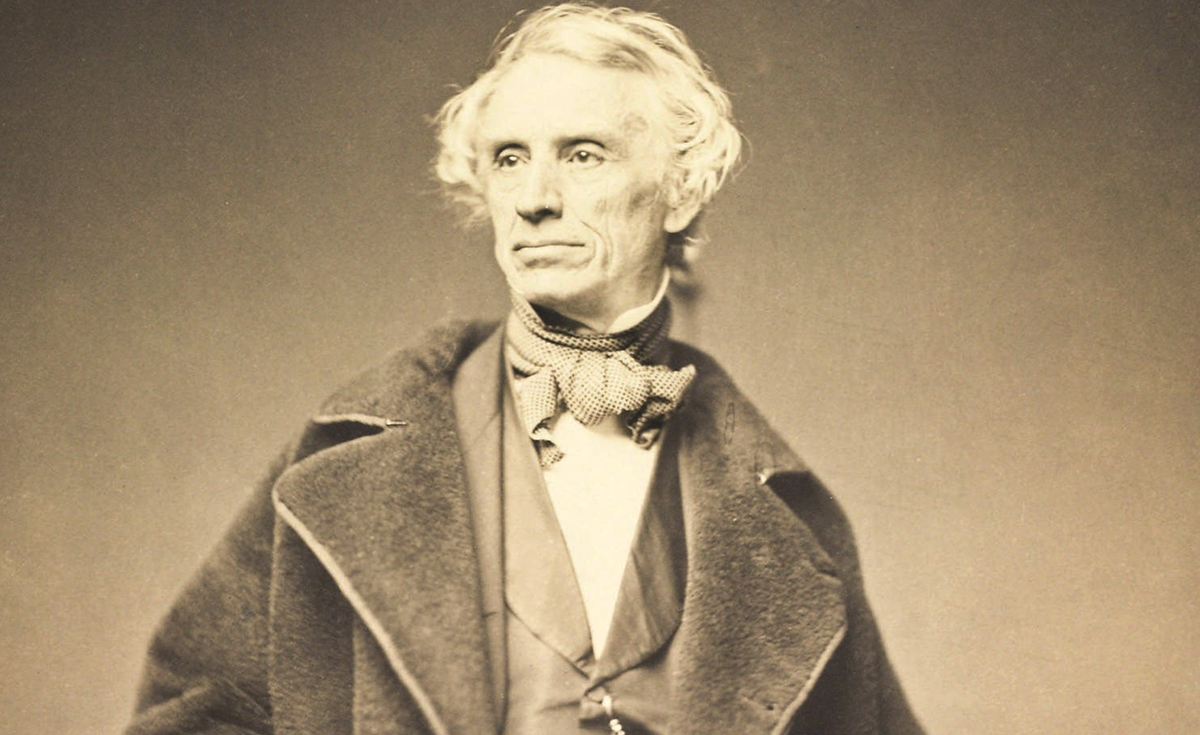
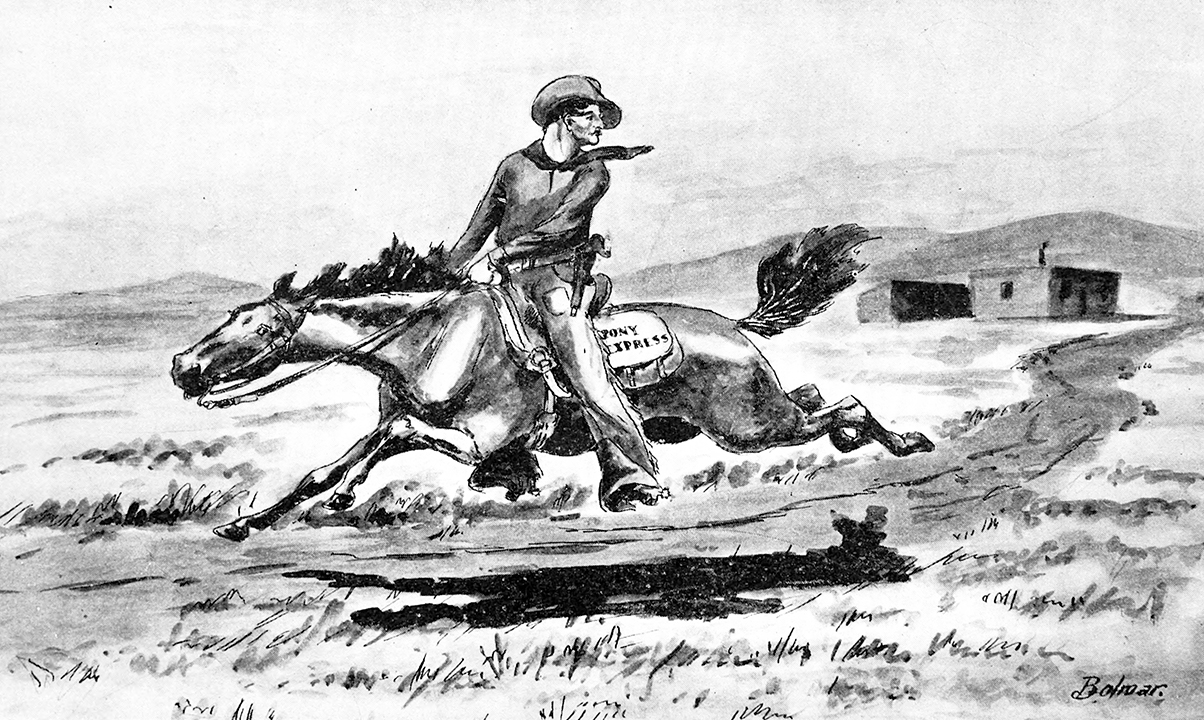

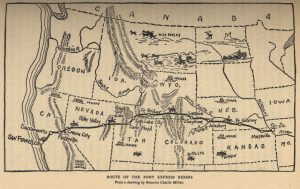
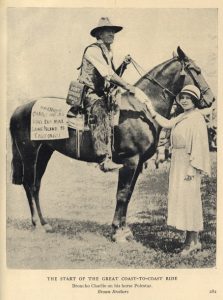

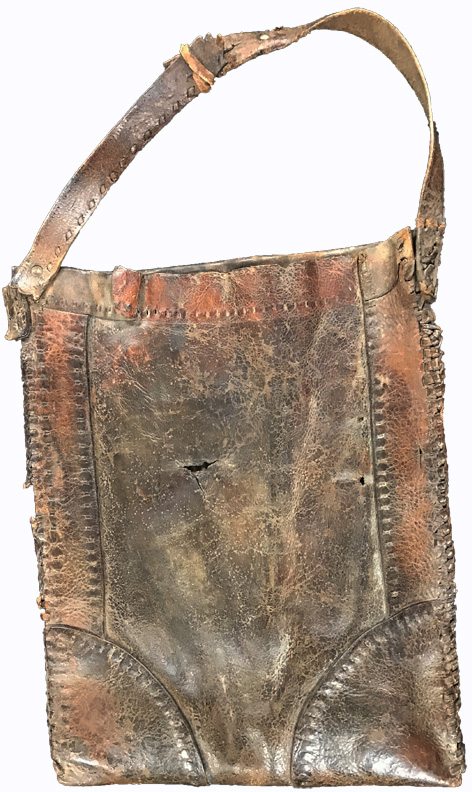
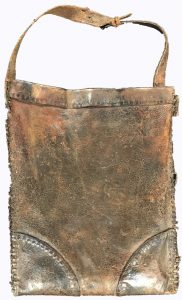
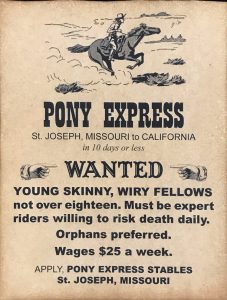
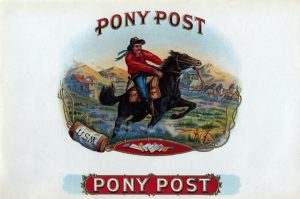
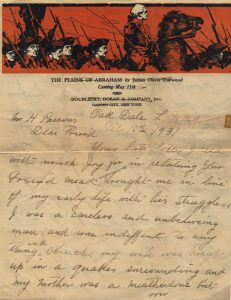
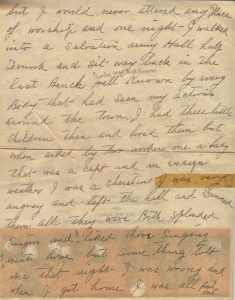
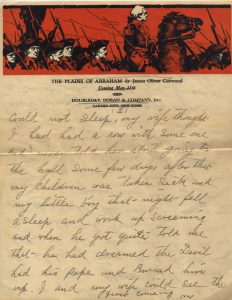
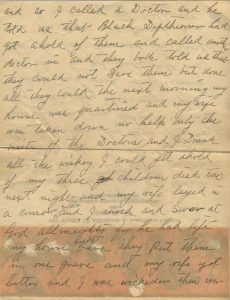
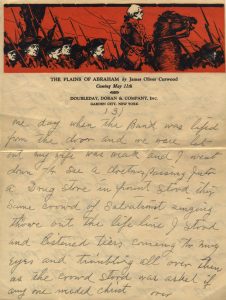
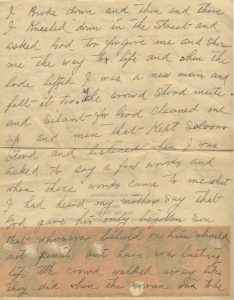
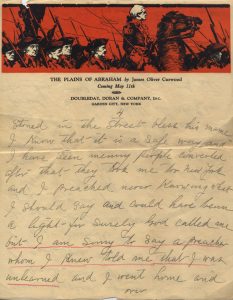
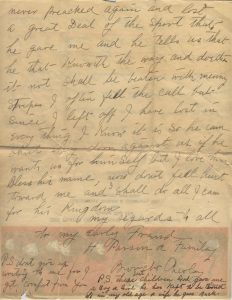
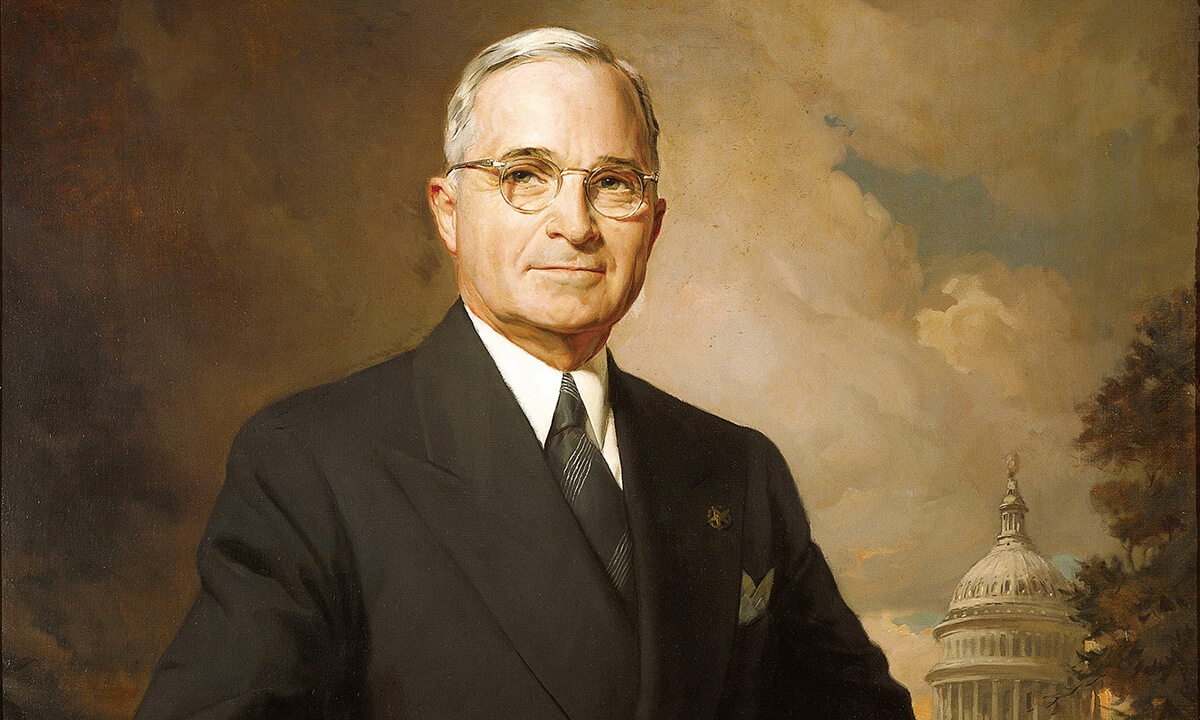
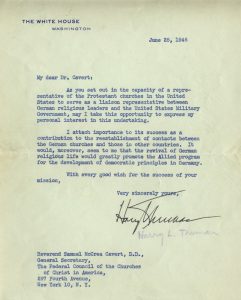
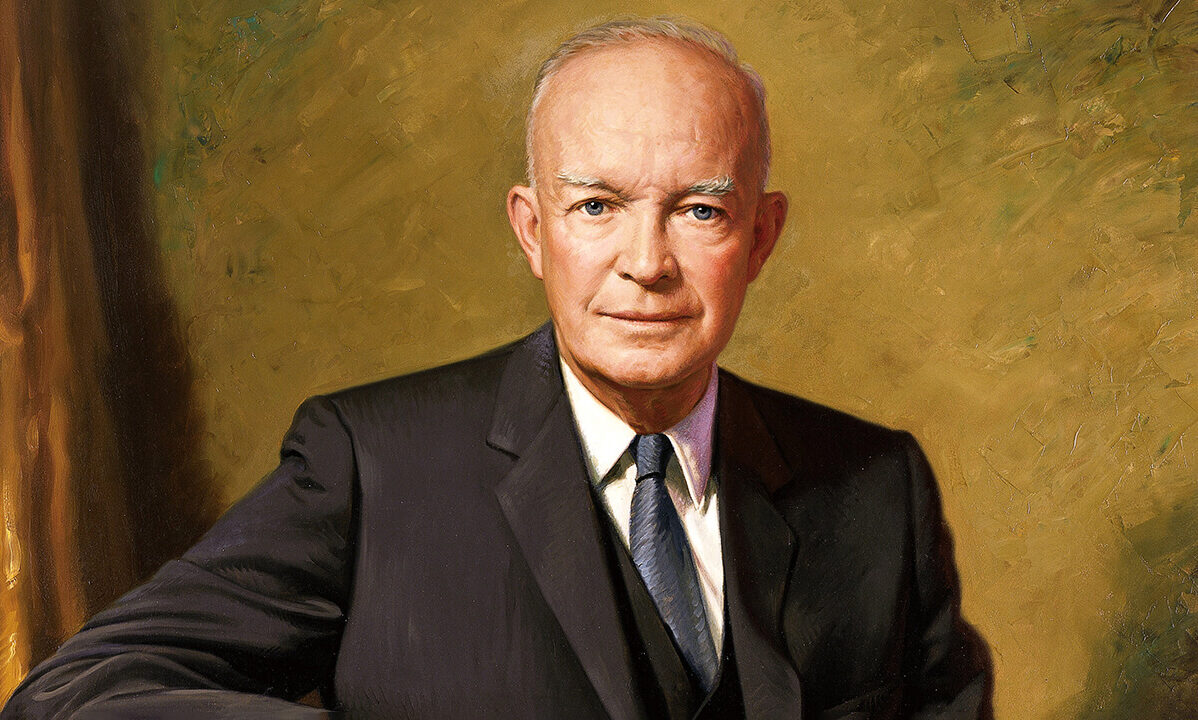
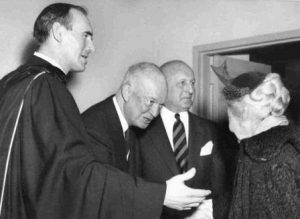 February 7 is a notable historical day for the acknowledgment of God in modern America: it is the day that a sermon was preached before President Dwight D. Eisenhower, suggesting that the words “under God” be added to the pledge. The sermon was preached by the Rev. George M. Docherty, pastor of New York Avenue Presbyterian Church in Washington, D. C.
February 7 is a notable historical day for the acknowledgment of God in modern America: it is the day that a sermon was preached before President Dwight D. Eisenhower, suggesting that the words “under God” be added to the pledge. The sermon was preached by the Rev. George M. Docherty, pastor of New York Avenue Presbyterian Church in Washington, D. C.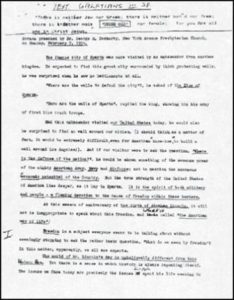 There was something missing in the pledge, and that which was missing was the characteristics and definitive factor in the American way of life. Indeed apart from the mention of the phrase, the United States of America, it could be the pledge of any republic. In fact, I could hear little Muscovites repeat a similar pledge to their hammer and sickle flag in Moscow with equal solemnity.
There was something missing in the pledge, and that which was missing was the characteristics and definitive factor in the American way of life. Indeed apart from the mention of the phrase, the United States of America, it could be the pledge of any republic. In fact, I could hear little Muscovites repeat a similar pledge to their hammer and sickle flag in Moscow with equal solemnity.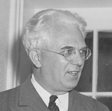 Our nation is founded on a fundamental belief in God, and the first and most important reason for the existence of our government is to protect the God-given rights of our citizens. . . . Indeed, Mr. President, over one of the doorways to this very Chamber inscribed in the marble are the words “In God We Trust.” Unless those words amount to more than a carving in stone, our country will never be able to defend itself.
Our nation is founded on a fundamental belief in God, and the first and most important reason for the existence of our government is to protect the God-given rights of our citizens. . . . Indeed, Mr. President, over one of the doorways to this very Chamber inscribed in the marble are the words “In God We Trust.” Unless those words amount to more than a carving in stone, our country will never be able to defend itself.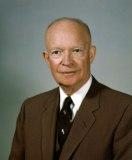 From this day forward, the millions of our school children will daily proclaim in every city and town, every village and rural school house, the dedication of our nation and our people to the Almighty. To anyone who truly loves America, nothing could be more inspiring than to contemplate this rededication of our youth, on each school morning, to our country’s true meaning. . . . In this way we are reaffirming the transcendence of religious faith in America’s heritage and future; in this way we shall constantly strengthen those spiritual weapons which forever will be our country’s most powerful resource, in peace or in war.
From this day forward, the millions of our school children will daily proclaim in every city and town, every village and rural school house, the dedication of our nation and our people to the Almighty. To anyone who truly loves America, nothing could be more inspiring than to contemplate this rededication of our youth, on each school morning, to our country’s true meaning. . . . In this way we are reaffirming the transcendence of religious faith in America’s heritage and future; in this way we shall constantly strengthen those spiritual weapons which forever will be our country’s most powerful resource, in peace or in war.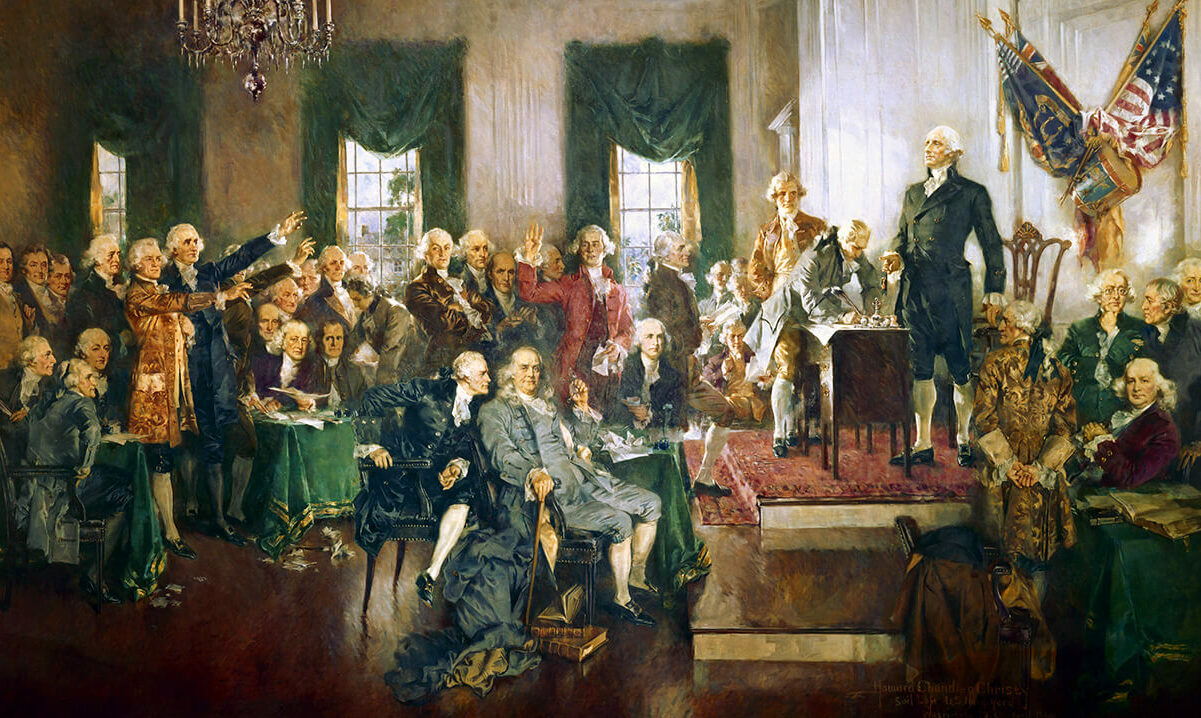
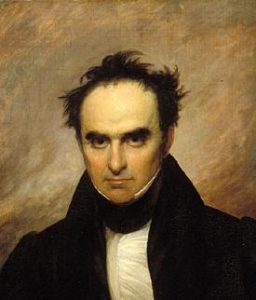 Daniel Webster, an ardent and outspoken Christian known as “the Defender of the US Constitution,”
Daniel Webster, an ardent and outspoken Christian known as “the Defender of the US Constitution,” 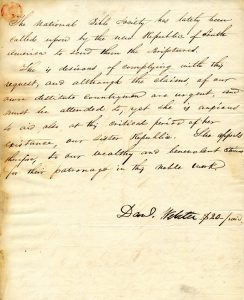 Additionally, WallBuilders posted from our massive collection of original documents a letter that Daniel wrote in an attempt to help provide Bibles to the people of South America.
Additionally, WallBuilders posted from our massive collection of original documents a letter that Daniel wrote in an attempt to help provide Bibles to the people of South America.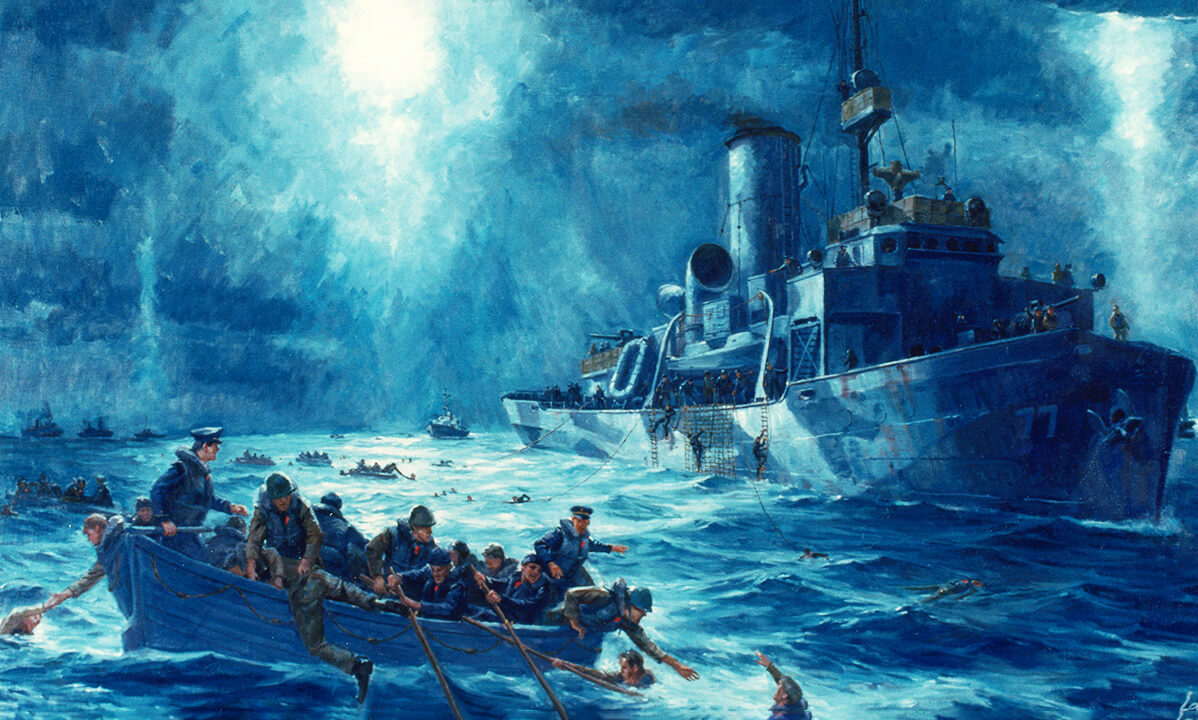
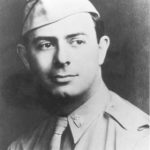
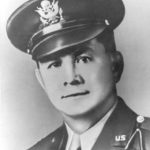
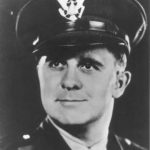
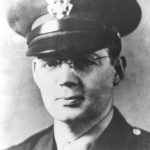
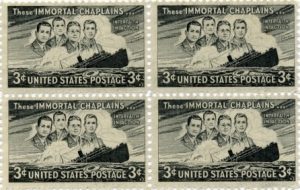 that the last thing they saw was the four chaplains standing together on the submerging deck – a Jew, a Methodist, a Catholic, and a Dutch Reformed – their arms locked together and their voices raised in prayer and song as the ship forever slipped beneath the freezing waters.
that the last thing they saw was the four chaplains standing together on the submerging deck – a Jew, a Methodist, a Catholic, and a Dutch Reformed – their arms locked together and their voices raised in prayer and song as the ship forever slipped beneath the freezing waters. 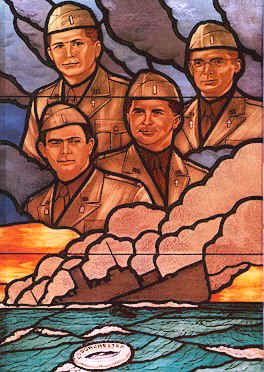 Their belief, their faith, in His word enabled them to conquer death.
Their belief, their faith, in His word enabled them to conquer death. 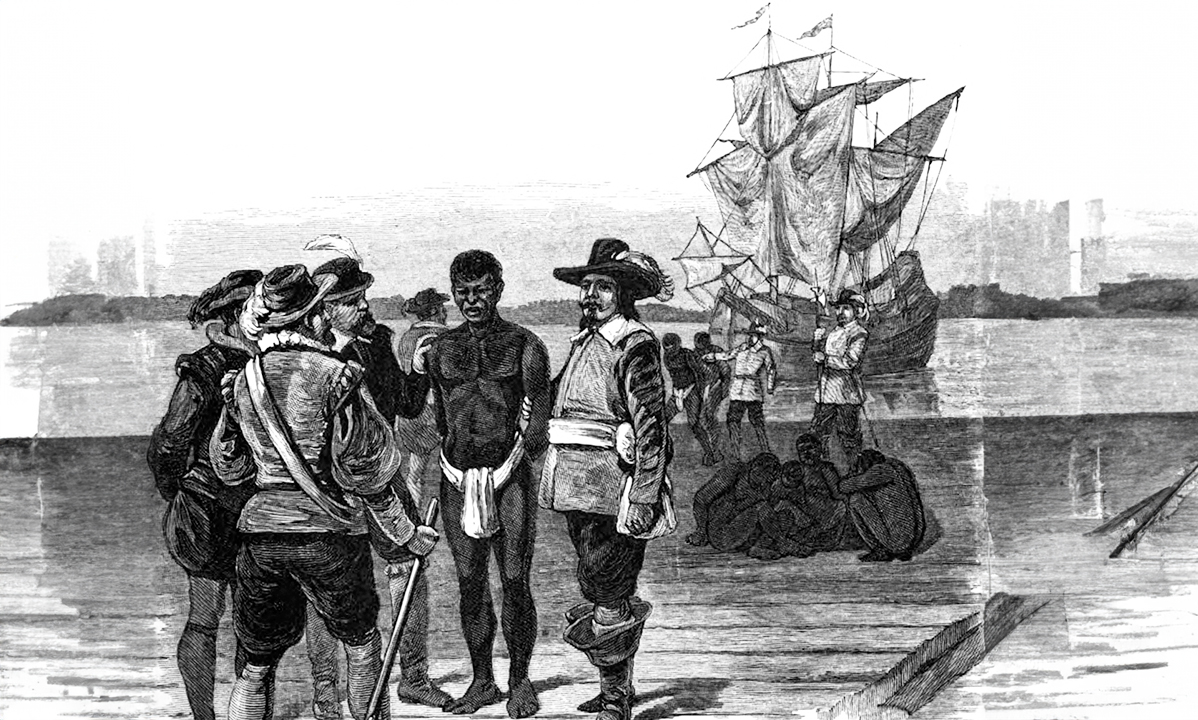
 Today, most Americans are taught Black History from a southern point of view. That is, they are exposed to the slave trade and the atrocities of slavery that were common in the South but hear nearly nothing about the many positive things that occurred in the North.
Today, most Americans are taught Black History from a southern point of view. That is, they are exposed to the slave trade and the atrocities of slavery that were common in the South but hear nearly nothing about the many positive things that occurred in the North. Similarly, most Americans are unaware that American colonies passed anti-slavery laws before the American Revolution, but that those laws were vetoed by Great Britain, who insisted on the continuance of slavery in America. In fact, several Founders who owned slaves while British citizens freed them once America declared her independence. Sadly, we have been taught to identify Founding Fathers who owned slaves but are unaware of the greater number who opposed slavery or worked with anti-slavery societies.
Similarly, most Americans are unaware that American colonies passed anti-slavery laws before the American Revolution, but that those laws were vetoed by Great Britain, who insisted on the continuance of slavery in America. In fact, several Founders who owned slaves while British citizens freed them once America declared her independence. Sadly, we have been taught to identify Founding Fathers who owned slaves but are unaware of the greater number who opposed slavery or worked with anti-slavery societies.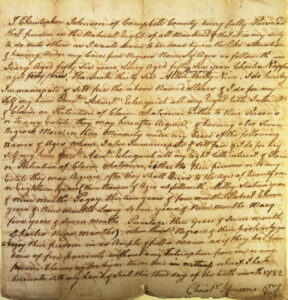 In this 1782 document, Christopher Johnson, a soldier in the American Revolution, declares that he is “fully persuaded that freedom is the natural rights of all mankind & that it is my duty to do unto others as I would desire to be done by in the like situation.” Having fought a war to win his own political freedom, and invoking the Golden Rule delivered by Jesus in Matthew 7:12, he freed (that is, manumitted) his slaves.
In this 1782 document, Christopher Johnson, a soldier in the American Revolution, declares that he is “fully persuaded that freedom is the natural rights of all mankind & that it is my duty to do unto others as I would desire to be done by in the like situation.” Having fought a war to win his own political freedom, and invoking the Golden Rule delivered by Jesus in Matthew 7:12, he freed (that is, manumitted) his slaves.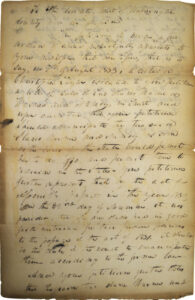 In this 1837 document, Dorcas, a Black American who is “a free woman of color,” petitions the court to recognize the legality of two slaves that were freed. According to the Tennessee Act of 1831,
In this 1837 document, Dorcas, a Black American who is “a free woman of color,” petitions the court to recognize the legality of two slaves that were freed. According to the Tennessee Act of 1831,
